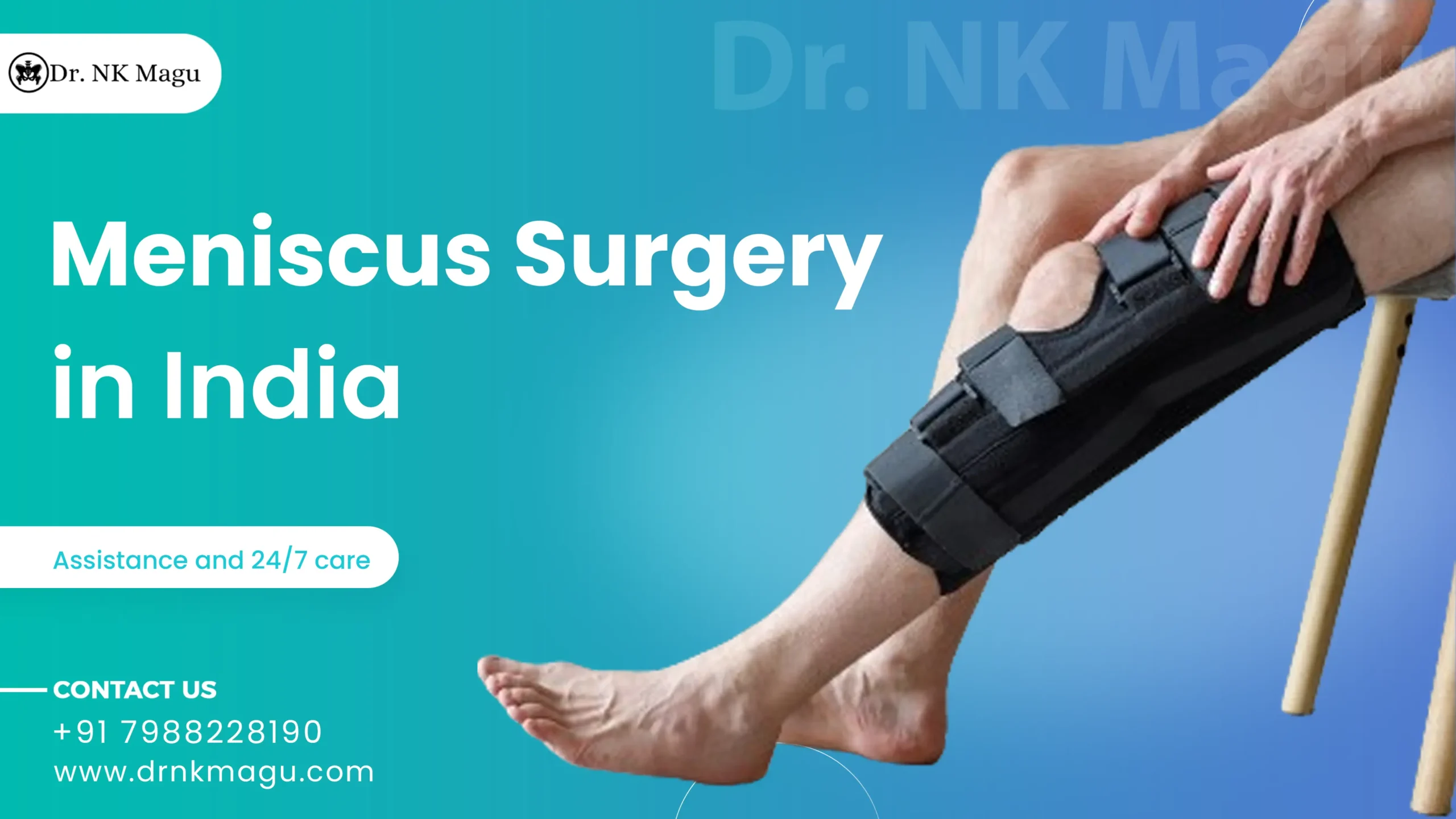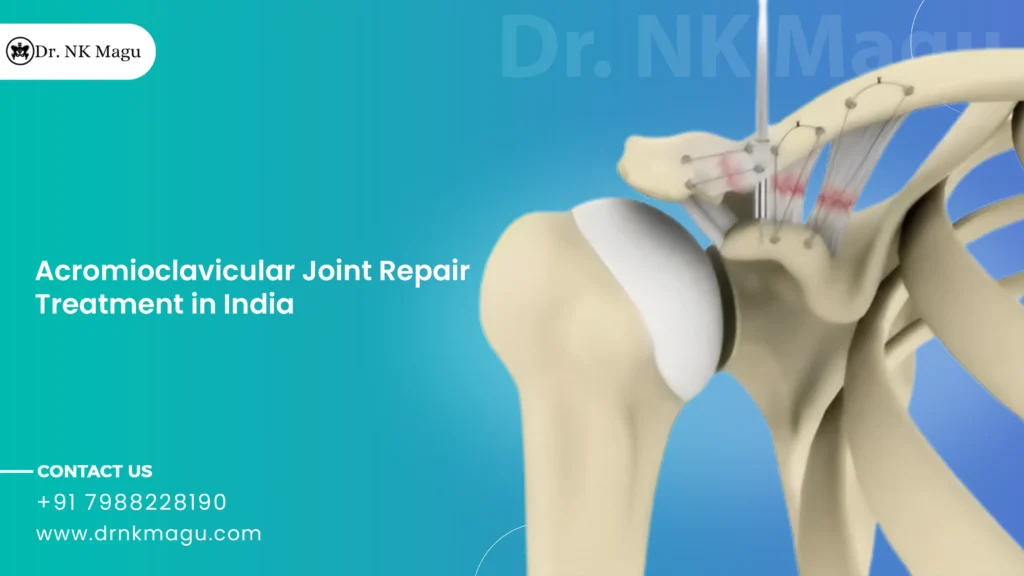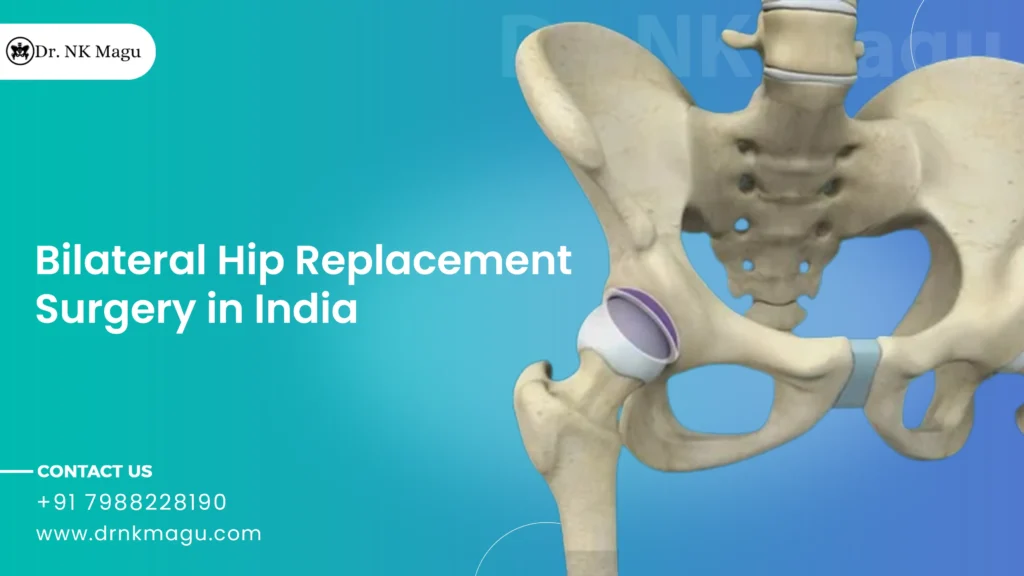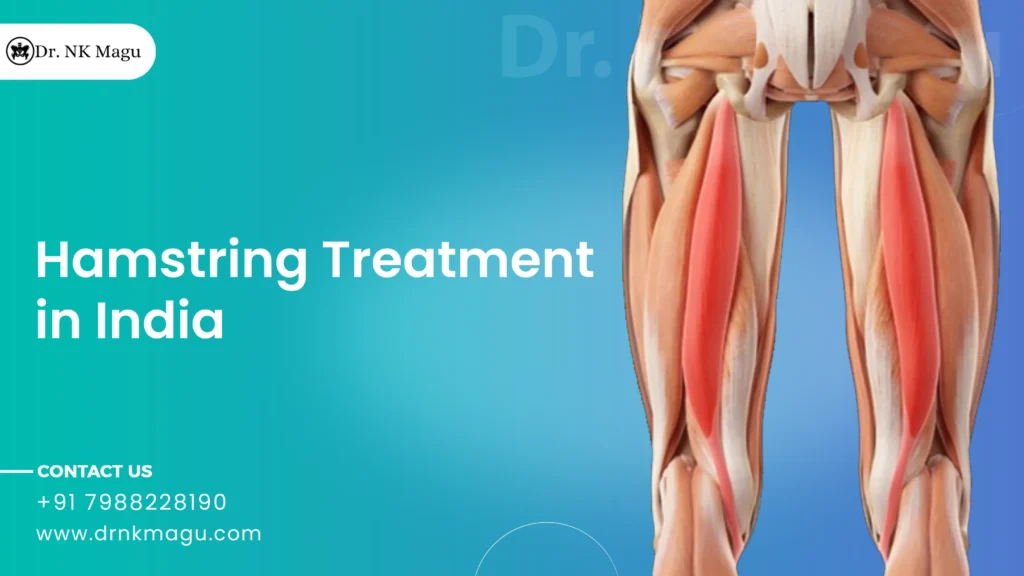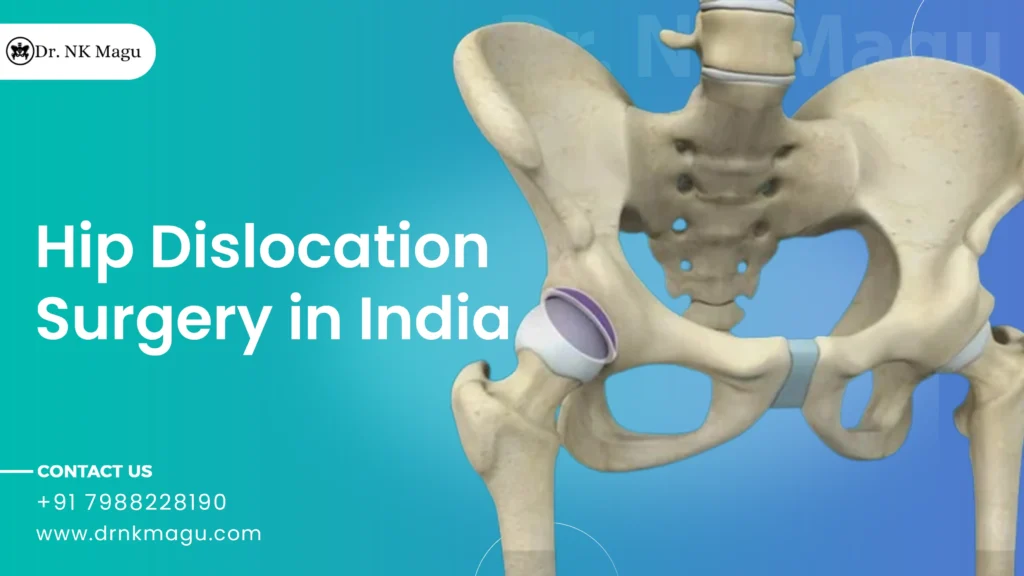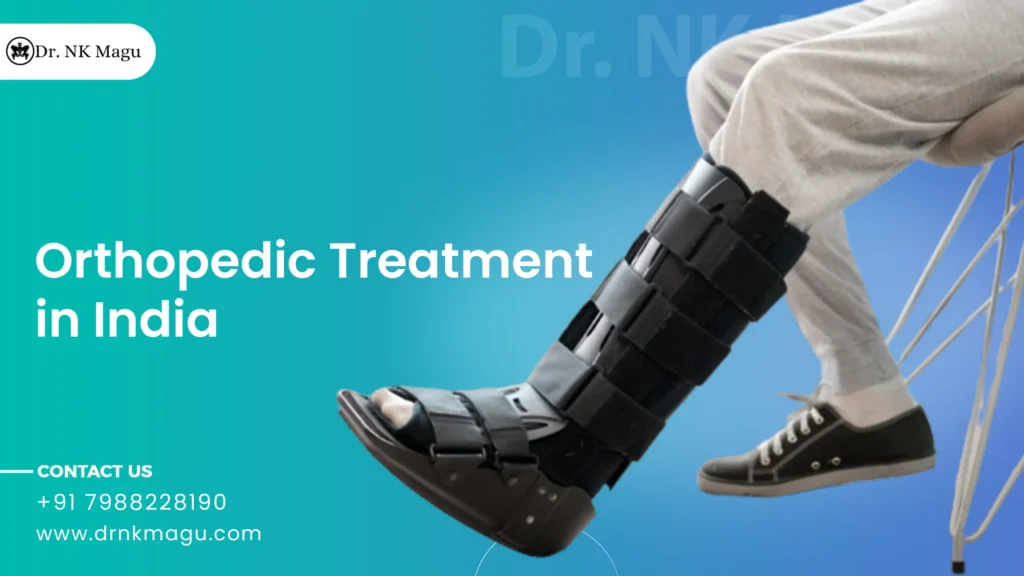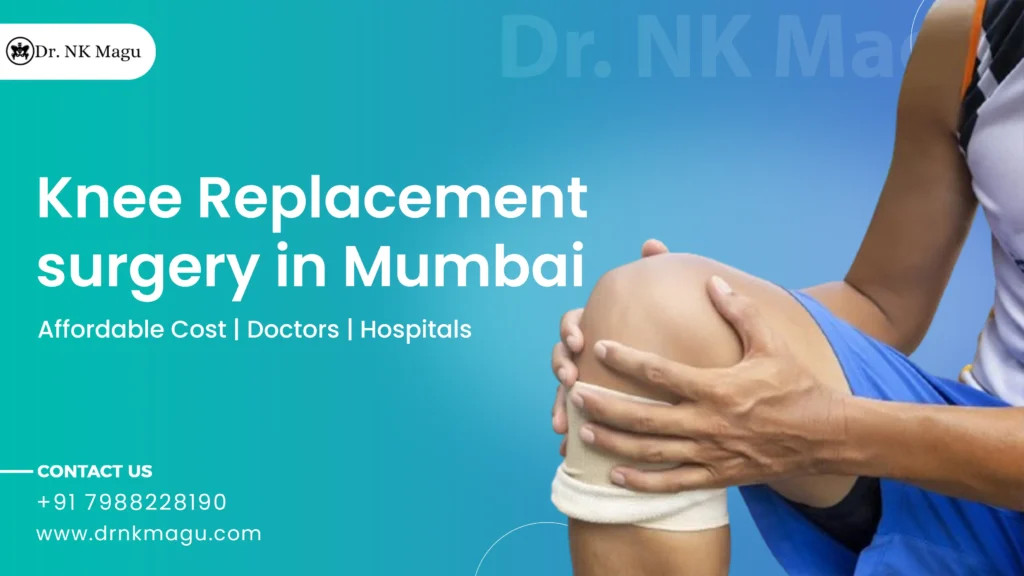The injury in the meniscus is common in sportsmen who played contact sports such as football and or hockey. The tearing of the meniscus can also happen with activities such as heavy lifting, squatting or even kneeling. The chances of meniscus injury increase with an increase in age as the bones and tissues are naturally worn down with aging.
What Is a Meniscus?
There are two meniscus in each of the knee called menisci. They are soft tissue (cartilage) with a C-shaped disc. They connect the thigh bone to the shin bone and act as a shock absorber for the bones. They also stabilize the knee joint.
Symptoms of Torn Meniscus
A torn meniscus can cause certain symptoms such as:
- Inability to fully straighten the knee
- Pain in the knee
- Stiffness of the knee joint
- Swelling of the leg
- Locking, clicking, and catching of the knee joint
Treatment Options For a Torn Meniscus
The type of treatment selected for a torn meniscus typically depends on the type, size, and location of the tear. Surgery is not considered unless the injury is too severe and the other treatment options do not work. The doctor might first suggest:
- RICE method (Rest, Ice, Compression, Elevation) – Rest will prevent you from performing activities such as those involving twisting and rotating the knee, which will further exasperate the pain. Ice will help to reduce the pain and swelling of the knee. Compression and elevation of the knee will prevent further injury and damage and will aid in fast recovery.
- Medication – Pain medications can be used to relieve and ease knee pain.
- Physical therapy – It helps to stabilize and support the knee joint, by strengthening the muscles in the legs and around the knee.
In What Condition a Meniscus Surgery Is Performed?
A torn meniscus does not always require surgery. You will be treated first with non-surgical treatment such as the RICE method, physical therapy, and medications such as NSAIDs or steroid injections. Surgery will be considered depending on the following conditions:
- The type and size of the tear
- The location of the tear
- The age, activity level, and lifestyle of the patient
- Presence of symptoms such as pain, swelling, etc.
- Related injuries such as ACL tear.
Who Is a Good Candidate For a Meniscus Surgery Procedure?
You may consider having surgery if none of the other non-surgical treatments does not give you relief from pain or improve the symptoms. In some cases, it is possible to repair the torn meniscus but in most cases, the damaged cartilage has to be removed because the blood supply in the meniscus is limited, and there is less chance of healing without a blood supply. Meniscus surgery will help you restore the function and stability of the knee.
Meniscus Surgery Cost in India
Meniscus surgery cost in India typically starts from Rs 50,000 (600 USD). This is considered much more affordable as compared to certain European countries. However, the exact amount will vary depending on several factors such as the choice of city and hospital facilities, the surgeons’ fee, and the type of procedure required, etc. India is well known for providing top-notch healthcare services at an affordable price making it a destination for medical tourism. Starting Average Prices in different Cities:
| Cities | Starting Price |
| Delhi | Rs 55,000 (660 USD) |
| Gurgaon | Rs 50,000 (600 USD) |
| Noida | Rs 45,000 (540 USD) |
| Mumbai | Rs 50,000 (600 USD) |
| Hyderabad | Rs 50,000 (600 USD) |
| Chennai | Rs 55,000 (660 USD) |
| Kolkata | Rs 45,000 (540 USD) |
| Bangalore | Rs 55,000 (660 USD) |
Note: Please keep in mind that the prices given above are merely an estimate of the treatment’s initial cost and are subject to change based on a variety of factors.
Other Treatment: Limb Lengthening Surgery Cost in India
Pre-surgical Tests and Diagnosis
There are certain tests that you must have before the surgery to make clear the damage in your knee and to ensure that you are fit enough to undergo the procedure such as
- Physical exam
- Blood tests
- Imaging tests such as X-rays and MRI
- Electrocardiogram.
Meniscus Surgery Procedure Details
Meniscus surgery is performed under anesthesia. The surgeon will determine the type of anesthesia to be used. In most cases, the procedure will be conducted under general anesthesia. The most common method employed for repairing the meniscus is knee arthroscopy.
- The skin of the knee is thoroughly clean
- A small incision called a portal is made on the knee
- The knee joint is filled with a sterile fluid to control bleeding and clear out debris enabling the surgeon to see the inside joint clearly
- An arthroscope is inserted into the incision
- The camera attached to the arthroscope projects the image of the inside of the knee onto a screen
- Based on those images, the surgeon will perform either meniscus repair or partial meniscectomy
- The incision is sewn closed with stitches or surgical strips. The knee is covered up with a bandage.
In meniscus repair, the torn pieces of cartilage are sewn back together to heal on their own. However, this is only possible if less than 10% of the cartilage is damaged, or else the less supply of blood supply will make it difficult to heal the cartilage on its own. In partial meniscectomy, the damaged cartilage is trimmed off and the healthy ones are left in place.
Risks/Benefits of Having a Knee Meniscus Surgery
Certain benefits that you can have from having a knee meniscus surgery are:
- Relieve of the knee pain
- Stability of the knee joint
- Improvement in the mobility
- Prevention or delaying arthritis
- Ability to perform sports and other activities as before
Complications Associated With Meniscus Surgery
Knee meniscus surgery is considered a very safe procedure, however, there is a rare chance of you experiencing these complications:
- Damage to the nerve and blood vessels nearby
- Stiffness of the knee joint
- Infection
- Reaction to anesthesia
- Post-surgical arthritis
- Blood in the knee area
Post-surgical Care
Generally, meniscus surgery does not require the patient to stay overnight. You will have to wait in the recovery room until the anesthesia wears off and you will be discharged from the hospital on the same day of the surgery. You will experience pain for several weeks but your doctor will prescribe pain medications to help you manage it. A knee brace will be provided to help stabilize the joint during recovery. You will require crutches while walking to take off the stress from your knee.
Recovery and Outlook
The type of procedure you undergo will determine the recovery time. Generally, it takes between six weeks to three months to completely heal. At home, you may undergo rehabilitation exercises to improve strength, range of motion, and mobility to improve your recovery. You must carefully follow the advice of your healthcare provider.
Why Dr. N. K. Magu?
Dr. N. K. Magu is an Indian orthopedic surgeon who is well renowned globally for his extraordinary talent and dedication to his profession. Over many years, Dr. N. K. Magu has proven himself to be an exceptional specialist in several orthopedic fields, especially in the areas of proximal femoral osteotomies, hip preservation, reconstruction, and related subjects. His reputation has been cemented by his continuous commitment to enhancing the quality of life for his many patients.


